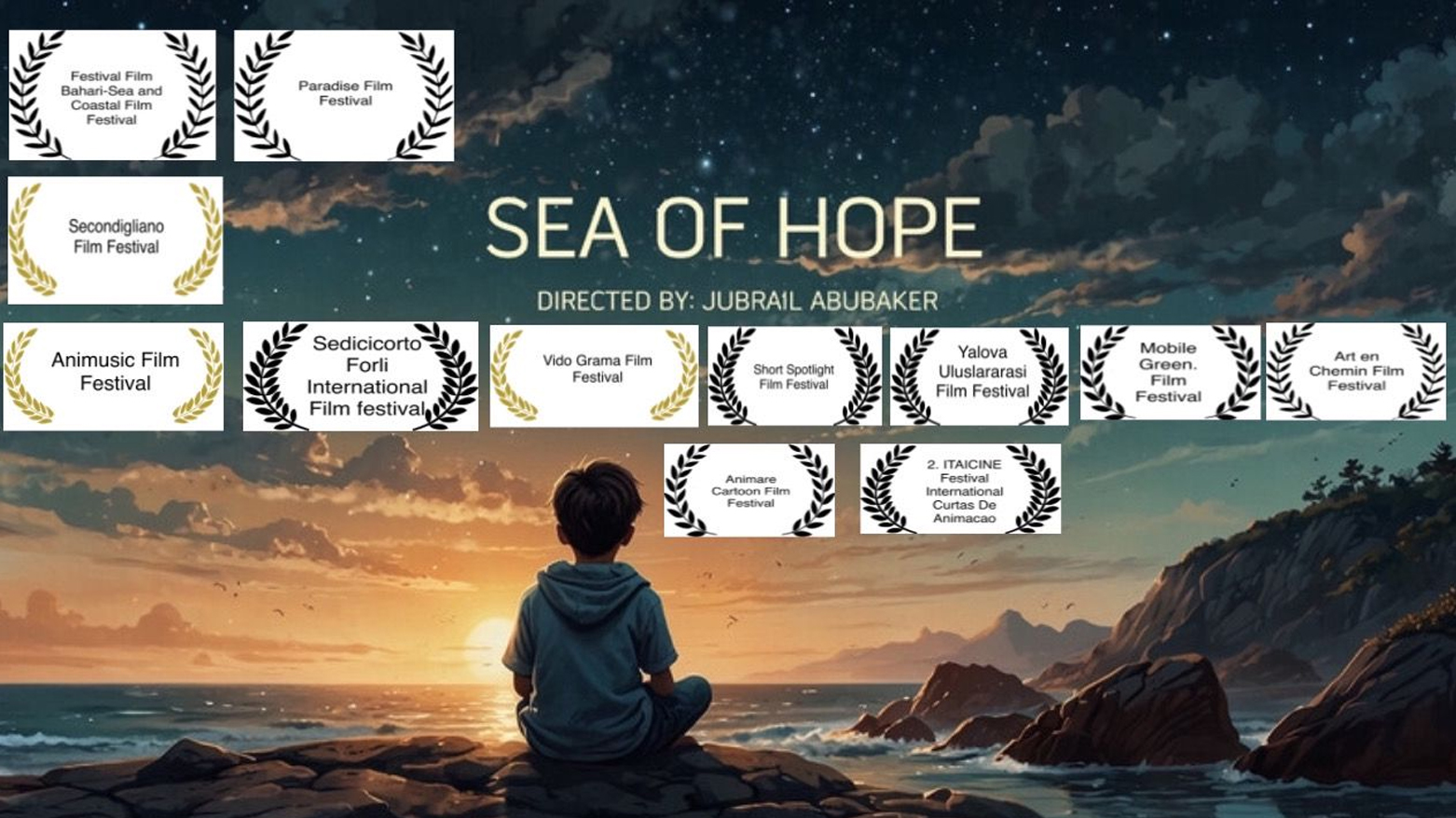Kurdish film ‘The Sea of Hope’ to compete at Germany’s Paradise International Film Festival
Kurdish filmmaker Jibrayil Abubakr's short film "The Sea of Hope," about the refugee experience, will compete at Germany's Paradise International Film Festival. It was selected from 4,800 submissions across 52 countries.

ERBIL (Kurdistan24) — Kurdish filmmaker jubrail Abubakr announced on Sunday that his short film “The Sea of Hope” has been officially selected to compete at the Paradise International Film Festival in Germany.
In an interview with Kurdistan24, Abubakr said the festival will take place next month in the city of Cologne, noting that competition this year is exceptionally strong.
“My film was selected from among 4,800 international submissions and will compete alongside 59 other films,” Abubakr explained.
He emphasized that “The Sea of Hope” is the only Iraqi and Kurdish entry among submissions from 52 countries, marking a significant representation for both Iraq and the Kurdistan Region.
The short film “The Sea of Hope” portrays the devastating human toll of war on civilians, tracing the physical and emotional landscapes of displacement.
The story follows individuals forced to abandon their homes in search of safety and dignity, taking perilous journeys where “every step forward holds the threat of drowning or death.”
Through haunting imagery and emotional depth, Abubakr seeks to convey both the desperation and resilience that define the refugee experience.
Born in the Kurdistan Region, jubrail Abubakr has steadily gained international recognition for his cinematic focus on humanitarian themes.
He first drew global attention with his acclaimed short film “Alan”, which was screened at 12 international film festivals, winning several major awards, including honors in Switzerland and Italy.
Abubakr also became the first Kurdish filmmaker from the Kurdistan Region to receive a film award in Iran, a milestone that marked both a personal achievement and a notable moment for Kurdish cinema.
His body of work reflects a consistent commitment to using film as a vehicle for empathy and understanding.
“Through cinema, I aim to express both suffering and hope,” Abubakr has said, describing his work as a bridge between human pain and universal resilience.
While little is publicly known about his personal background, his growing success across international festivals underscores his emerging voice as a storyteller capable of transcending linguistic and cultural barriers.